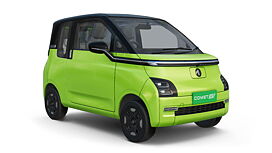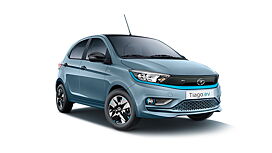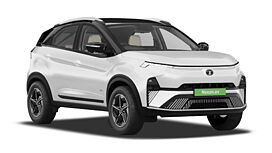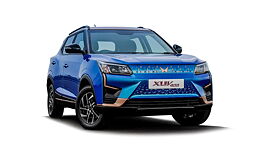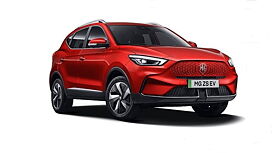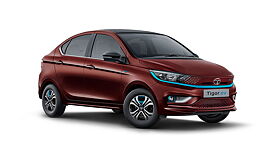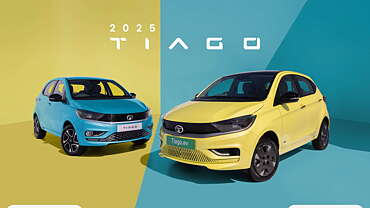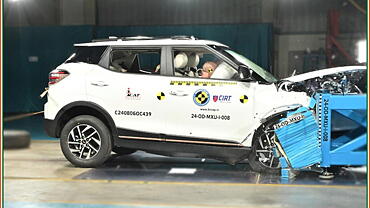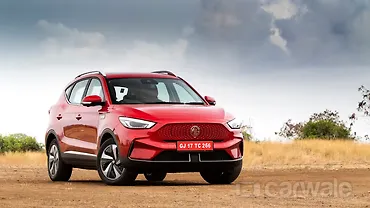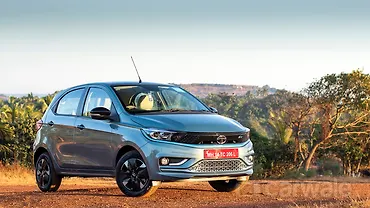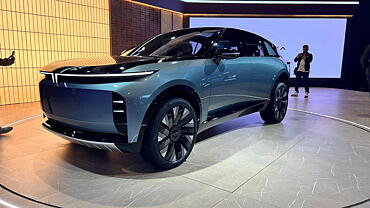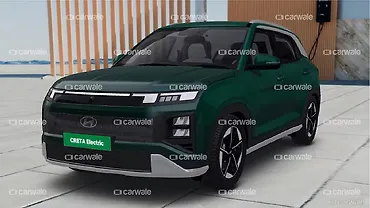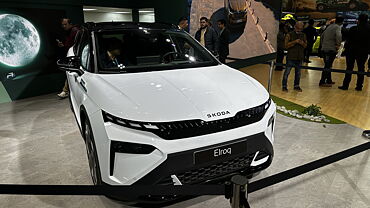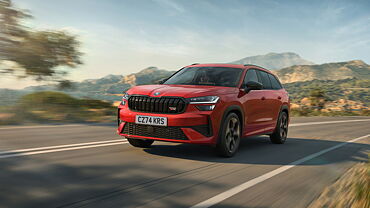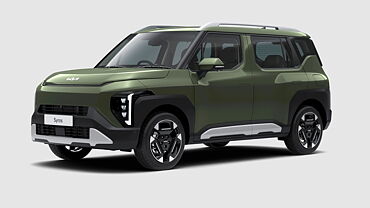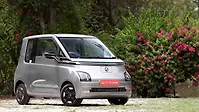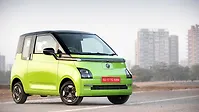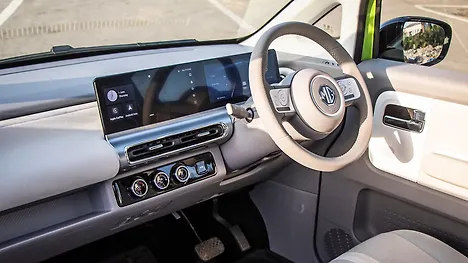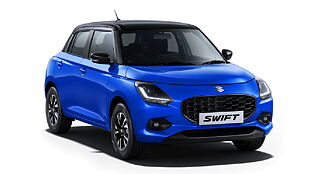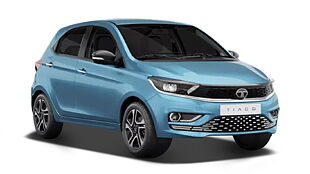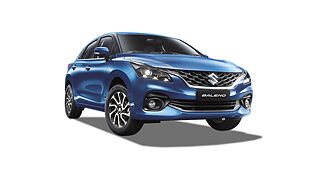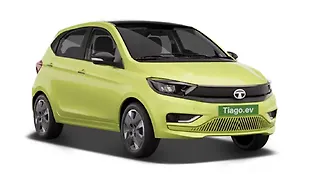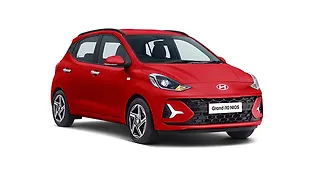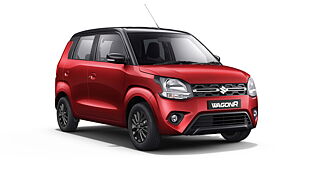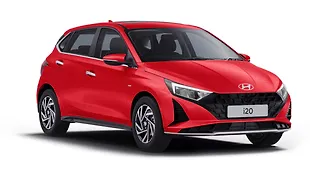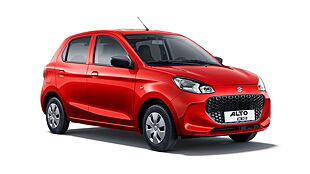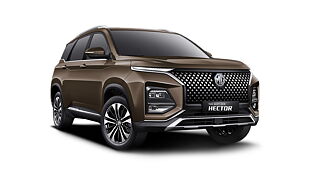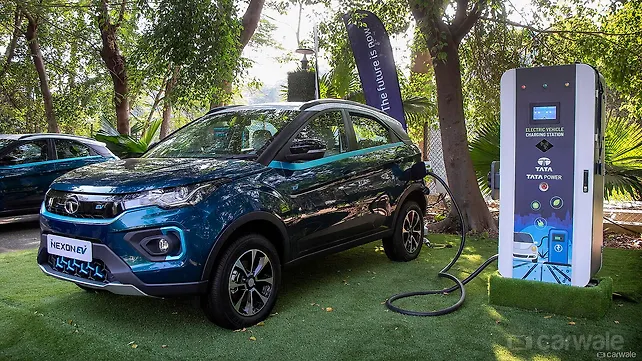
With the increasing popularity of electric vehicles (EVs) in India, finding reliable public charging stations is essential. The public EV chargers currently might not be as widespread as a fuel pump every few kilometres. But, as electric vehicles are increasing in numbers with each passing day, so is the number of EV charging stations. Since this is relatively new territory for most of us, we have already detailed what you can expect at an electric vehicle charging station and also how to use one. Some companies are at the forefront when it comes to setting up public charging stations allowing better mobility for EV owners. We have compiled a few such prominent electric vehicle charging station providers in India who have established a wide network of chargers across the map. Let’s take a look at them in detail.
Tata Power

Tata Power is a household name in India. Tata Power’s electric vehicle charging division goes by the name EZ Charge and they currently have over 4,800 public and semi-public chargers across 450 cities in India. Not only do they provide a wide coverage across major cities and highways – majority of which are in Maharashtra (528), Delhi (365), and Andhra Pradesh (257) – but Tata Power chargers are also renowned for their compatibility with various EV models.
Exicom

Exicom is another prominent player among EV charging stations in India. You might not find many Exicom charging stations and they haven’t shared these figures with us either. However, OEMs like MG and Tata do make use of Exicom chargers which are offered to the customers as well at the purchase of their new EVs. In India alone, they have provided over 35,000 chargers.
ChargeZone

A Gujarat-based startup, ChargeZone currently has 1,750 charging stations and 3,500 charging points across the country. They have extensively covered highways across western, northern, and southern parts of the country, thus easing up road trips in an EV. ChargeZone has installed multiple chargers on the Mumbai-Delhi Expressway and Mumbai-Bangalore Expressway, while a majority of the spread is also seen across Delhi and Uttar Pradesh. Notably, ChargeZone aims to establish one million charging points by 2030.
Magenta

Magenta Mobility is mostly known for its fleet of more than 800 cargo electric three-wheelers in Bengaluru, Mysuru, Delhi NCR, Mumbai, and Hyderabad. But Magenta’s charging station arm, which goes by the name ChargeGrid, has coverage of over 1,100 chargers across India, including prominent cities like Mumbai, Pune, Hyderabad, Huballi, Ahmedabad, and Bangalore.
GLIDA (earlier known as Fortum)

Part of Fortum, the EV charging business now goes by the name GLIDA. In India, there are 311 GLIDA chargers with 454 charging points across 15 states, six highways, and 20 cities – a majority of which are in Hyderabad (45), Delhi (29), and Mumbai (8). GLIDA also has BEV DC 001 chargers in India which are ideal for charging electric vehicles with battery voltage less than 100V.
Conclusion:
Apart from these prominent electric vehicle charging station providers, the electrification push has also encouraged many conventional fuel stations to have a charging station alongside them. You might find charging stations for electric vehicles at conventional fuel pumps like JioBp, HP, and even Shell. Local governments are also pushing charging infrastructure, like in Maharashtra, MSEDCL (Maharashtra State Electricity Distribution Company Limited) has taken the initiative to put up chargers at a few public places. Apart from that, many hotels, resorts, shopping malls, and even movie theatres have various individual chargers which you can opt for to charge your EVs.
Update:
- Both HPCL and BPCL have collaborated with Servotech (a Delhi-based EV tech company) to extend their EV charger reach by installing high-capacity public EV charging stations within their fuel pump facility. Where HPCL has invested around 102 crore for the manufacturing, supplying and installing of DC EV chargers across the country, BPCL has placed an order of 1800 DC EV chargers with the project valued at Rs 120 crore.
- Meanwhile, JSW Group has signed an MoU with the Government of Odisha to establish an integrated electric vehicle (EV) and EV battery manufacturing project. An investment of Rs 40,000 crore is promised where JSW will install a 50 GWH EV battery plant along with a Lithium refinery, copper smelter and related component manufacturing units in the state of Odisha.
As EV adoption continues to grow in India, we can expect even more electric vehicle charging stations in the coming few years. So, charging your EVs will only get easier!

